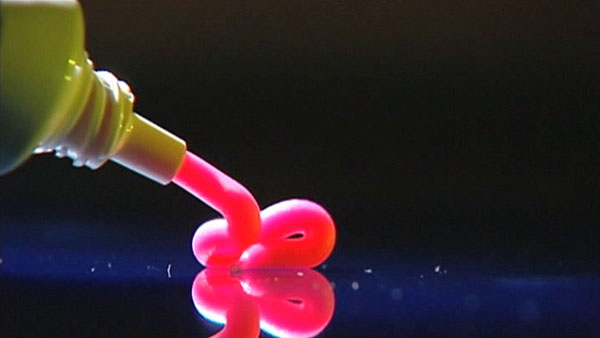NEWS 8 INVESTIGATES
Federal officials are calling for changes that could affect the health of millions of denture wearers.
For years, zinc poisoning from certain denture adhesives has been the focus of a News 8 investigation.
This month, dentists nationwide were warned for the first time to be on the lookout for denture paste poisoning in a letter from the Academy of General Dentistry titled The Tooth about Zinc.
The FDA now admits it has received numerous complaints similar to one made by Marsha Hill of Irving, who was interviewed by WFAA last year.
I can't get out of bed, I can't take care of my kids, Hill said. I can't get a job. Yeah, yeah, it's definitely had an impact on my life.
She is among the many claiming denture paste poisoned her.
Denture wearers often use too much product, swallowing the excess. Federal health officials now confirm that can cause a toxic buildup of zinc. Zinc is an ingredient in several popular denture adhesives.
In some cases, zinc poisoning causes crippling nerve damage, called neuropathy. It can make walking and daily functioning difficult.
Despite a growing body of evidence linking zinc poisoning to certain denture pastes, the FDA still classifies the adhesives as Class I medical devices, meaning they pose the least risk of injury and don't require safety testing. Tongue depressors and Band-Aids are also Class I medical devices.
Why doesn't the FDA reclassify denture adhesives to a higher level? We're going one better, said Dr. Jeff Shuren, director for the FDA Center for Devices and Radiological Health. We're actually working with manufacturers on replacing the zinc in their products, and some companies have already done that.
The FDA did recently send out a letter to denture adhesive makers strongly recommending a risk analysis and replacing zinc with an ingredient that presents less health risks.
GlaxoSmithKline, the maker of SuperPoligrip, announced last year it was globally reformulating its product to be zinc-free.
In a statement to News 8, Procter & Gamble, which makes Fixodent, says it is carefully considering the FDA's recommended actions.
Right now, Fixodent still contains zinc, even though the company admits ...zinc-containing denture adhesives might be associated with certain safety concerns.
Dr. Shuren said the FDA could make P&G conduct safety tests on Fixodent.
We can, in some circumstances, he said. And this goes to the question about whether or not to upclassify if they were to continue to have zinc in the product.
Dr. Shuren said an FDA decision about whether to order companies to reformulate products or conduct safety tests has not been made.
In the meantime, medical injury cases are pouring into the FDA, manufacturers, and lawyers... from patients who couldn't Fixodent and forget it.
E-mail jstjames@wfaa.com


